COVID-19 Trends of the Week: July 20-24
Will relief measures be extended? Investors "single" out this property type. The office of the future. These are the trends that shaped coronavirus coverage this week.
New claims for state unemployment benefits were declining in recent weeks. But this week they ticked up from 1.3 million in the two previous weeks to 1.4 million.
1. Real estate braces for upheaval as relief programs expire.
Residents and landlords both hope that Congress can come together on another relief package soon since the national moratorium on evictions (along with some state moratoriums), the $600 additional unemployment benefits and other relief measures of the CARES Act expire in the next few days. The new relief bill still being debated in the Senate includes more direct payments to citizens, enhanced unemployment benefits, another round of PPP loans and reimbursements for coronavirus-related business expenses. Separate bills would provide rental assistance and protection from eviction.
Republicans Ditch Coronavirus Payroll Tax Cut, Haggle Over Unemployment Payments
U.S. News & World Report
Draft Republican Plan for U.S. Coronavirus Relief Has More Direct Payments: Aide
The Fiscal Times
Rent relief and evictions: What will the Senate do when the CARES Act expires?
CNET
2. Single-family rentals could become the rage as residents flee density.
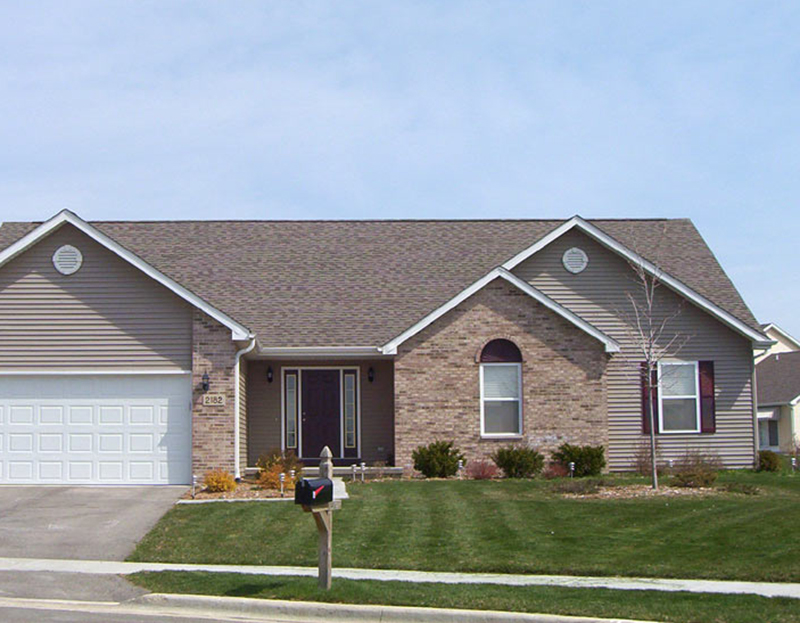 The single-family rental market is expected to flourish as residents seek both shelter from crowded cities and the flexibility that renting vs. buying can offer. The asset type, which has remained relatively stable since the start of the pandemic, is also a nimble property type for investors because it allows them to adjust rent on a single unit without impacting numerous residents or a portfolio. Brookfield Asset Management is stepping into the market in a big way.
The single-family rental market is expected to flourish as residents seek both shelter from crowded cities and the flexibility that renting vs. buying can offer. The asset type, which has remained relatively stable since the start of the pandemic, is also a nimble property type for investors because it allows them to adjust rent on a single unit without impacting numerous residents or a portfolio. Brookfield Asset Management is stepping into the market in a big way.
Brookfield Bets on Single-Family Rentals With $300 Million Fund
National Real Estate Investor
Investing In Single-Family Rentals: The Best Position Of 2020
Forbes
Coronavirus Pandemic Cuts Rent Growth to a Decade Low
CNBC
3. Office owners are at the forefront of creating safe indoor environments.
Corporate America’s slow return to office properties is giving property owners and technology companies the opportunity to re-invent the office experience. The air will be cleaner, the technology will be touchless, there will be more private spaces and that’s just the beginning. But, with more companies shifting to the work-from-home model for at least some employees, these questions remain: How much space will companies need in the future and where will they need it?
Flex Office Operators Look to Unlock the Suburbs
Commercial Property Executive
Who Still Needs the Office? U.S. Companies Start Cutting Space
Reuters

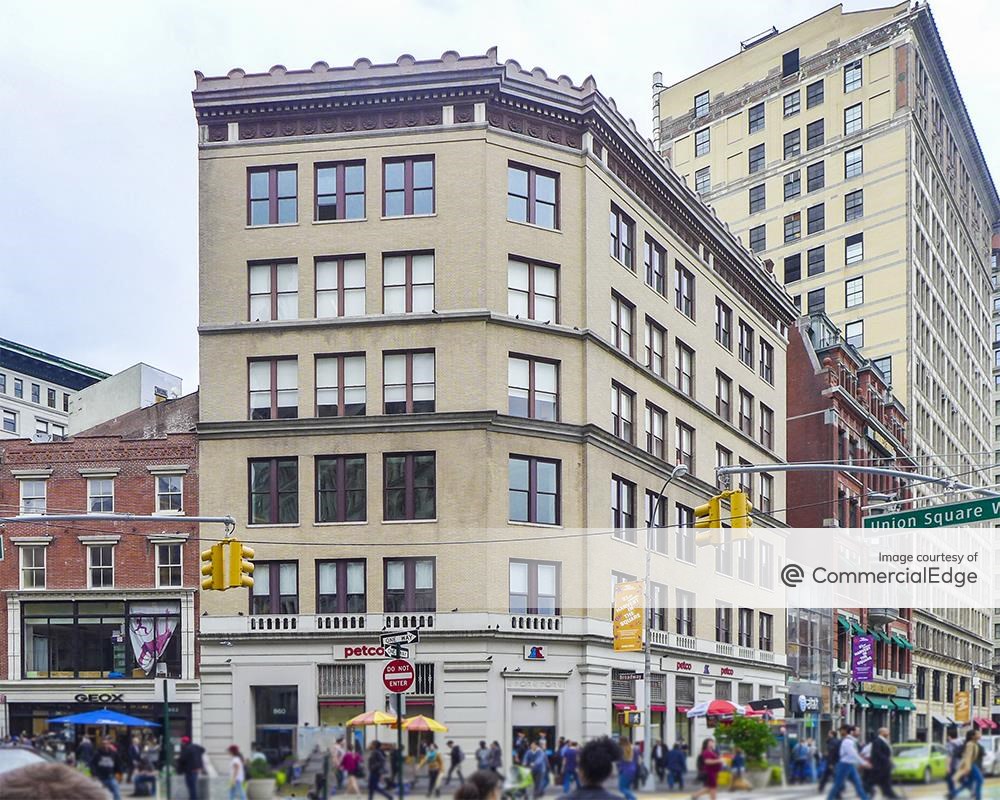

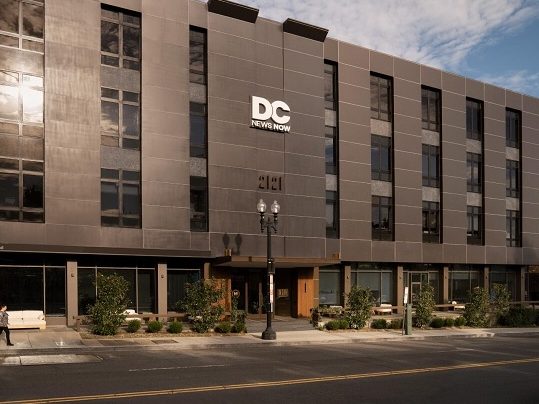
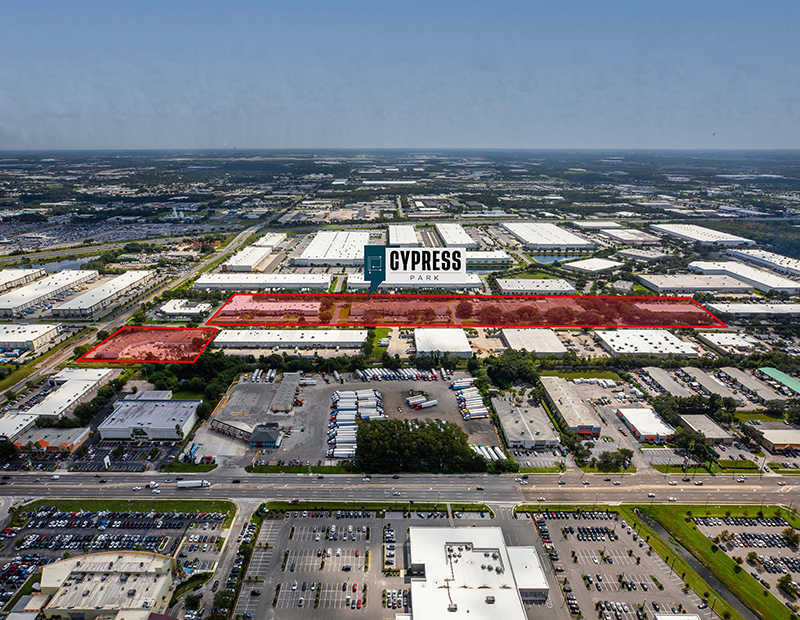

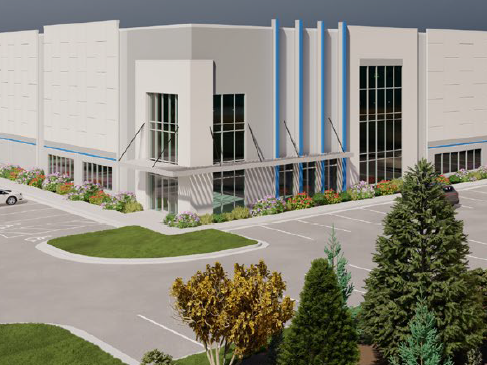
You must be logged in to post a comment.